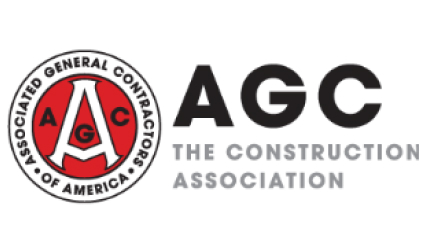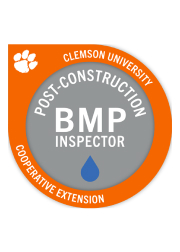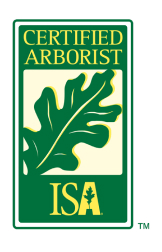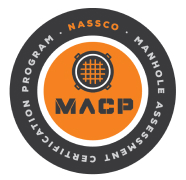Erosion and Sediment Control Services
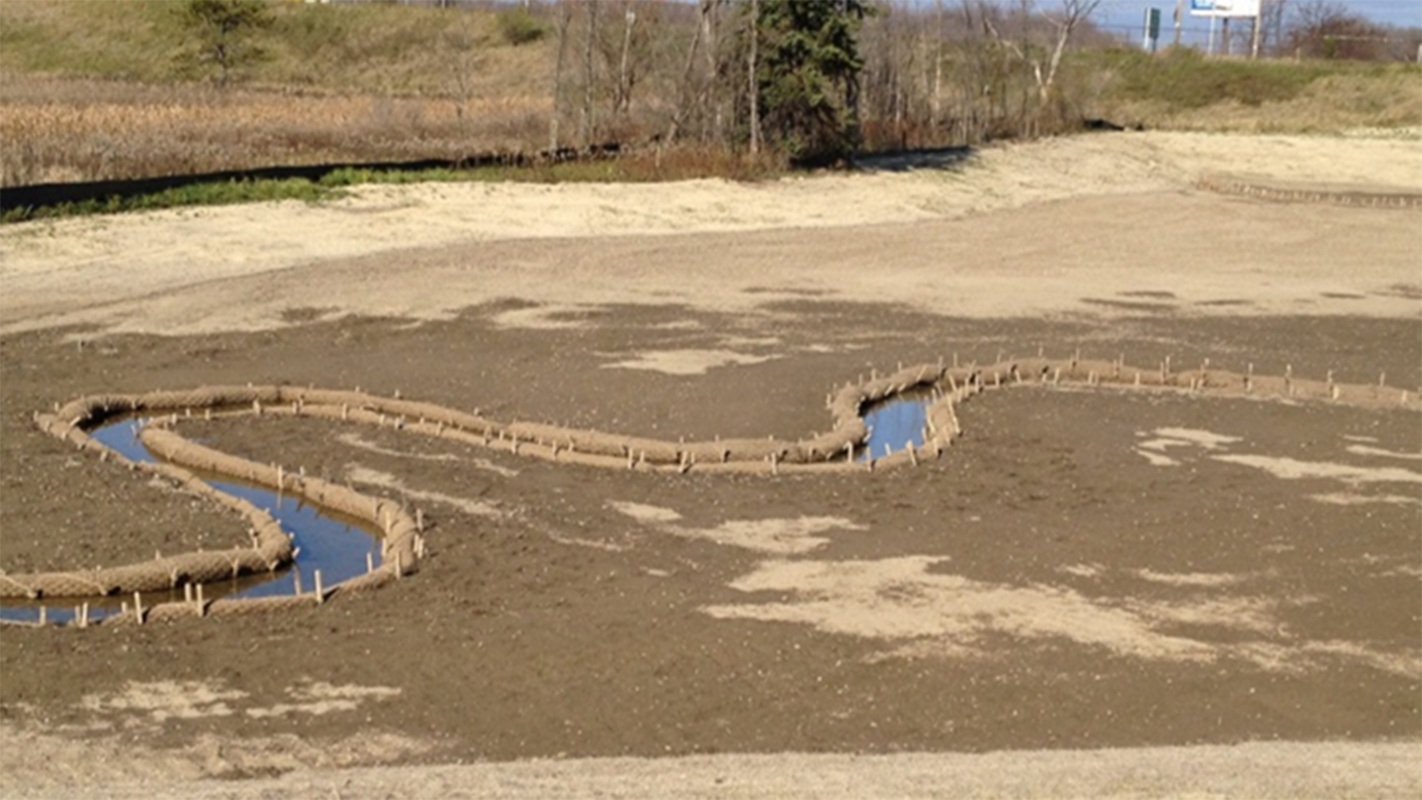
Why Erosion and Sediment Controls Are Essential
Soil erosion occurs naturally and can negatively impact the ecosystem, resulting in weakened soil structure and pollution in waterways and water bodies.
Developed with either a Stormwater Management Plan (SWMP) or Stormwater Pollution Prevention Plan (SWPPP), Erosion and Sediment Controls (ESC) are state regulations under the Sedimentation Pollution Control Act. Plans include implementing Best Management Practices (BMPs) to control soil erosion and sedimentation runoff into our waters.
Partnering with AQUALIS, an experienced firm dealing with all aspects of erosion control ensures that your plans are compliant and sustainable.
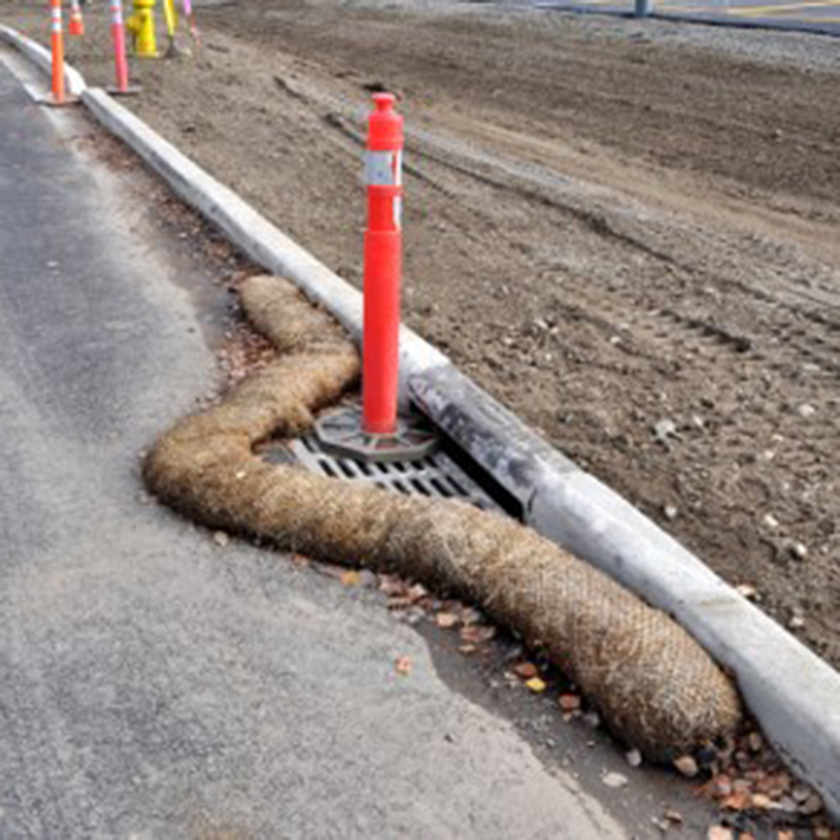
Custom Erosion Control Plans for Unique Site Conditions
Because each site has distinct features, erosion control plans are adapted and designed to the unique topographic, land use and rainfall conditions of each site. They comply with all performance standards and municipal ordinances and regulations applicable to both the construction and post-construction phases.
If necessary, it is important to revise the plan to use the most effective BMPs, as site conditions may change during or after construction. Site specific SWPPPs and SWMPS contain erosion and sediment control measures, including inspection requirements and long-term maintenance procedures.
The Importance of Regular ESC Site Inspections
Erosion and Sediment Control (ESC) Site inspections are conducted frequently to confirm BMPs are functioning effectively. The inspection frequency can range depending on state and local ordinances.
There are 3 types of ESC inspections: routine inspections, inspections before rain events, and inspections after rain events. All inspections need to be properly documented and include all inspection findings on a form or checklist. Some concerns to look for during an inspection include:
Visible Signs of Erosion or Sedimentation
Documentation of the Stormwater Discharges’ Characteristics
Check Existing Water to Ensure Site Activities are Not Causing Pollution
Proactively Identify Conditions that Could Cause Further Issues
Identify All Discharge Points at the Site
Understanding the causes and proactively preventing erosion protects your property and the environment from intensifying erosion rates.
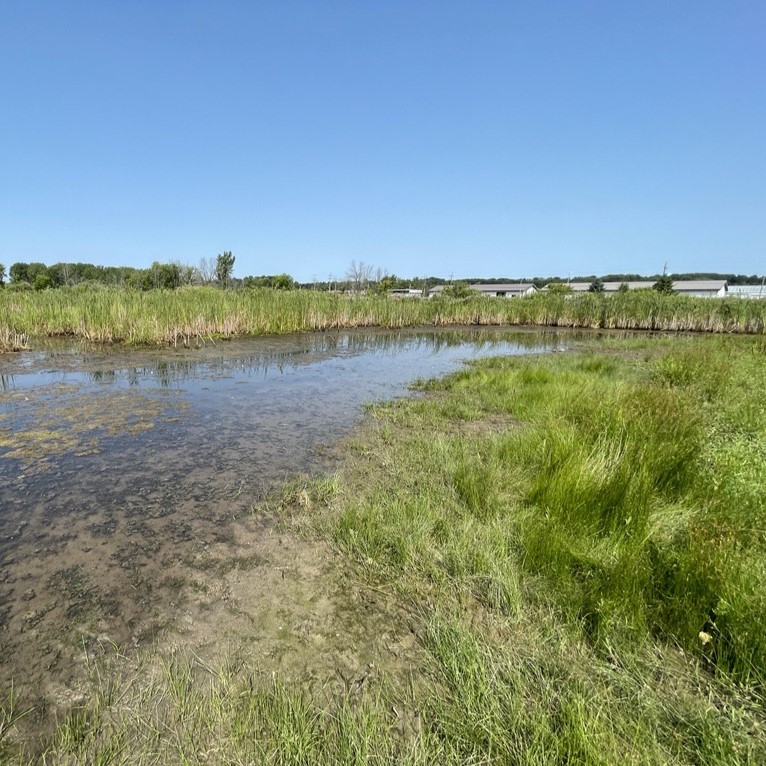
Preventative maintenance is essential to the health of a stormwater system. Continually monitoring a system and visually inspecting assets prevents large, unexpected costs that come with stormwater system failure and rehabilitation.
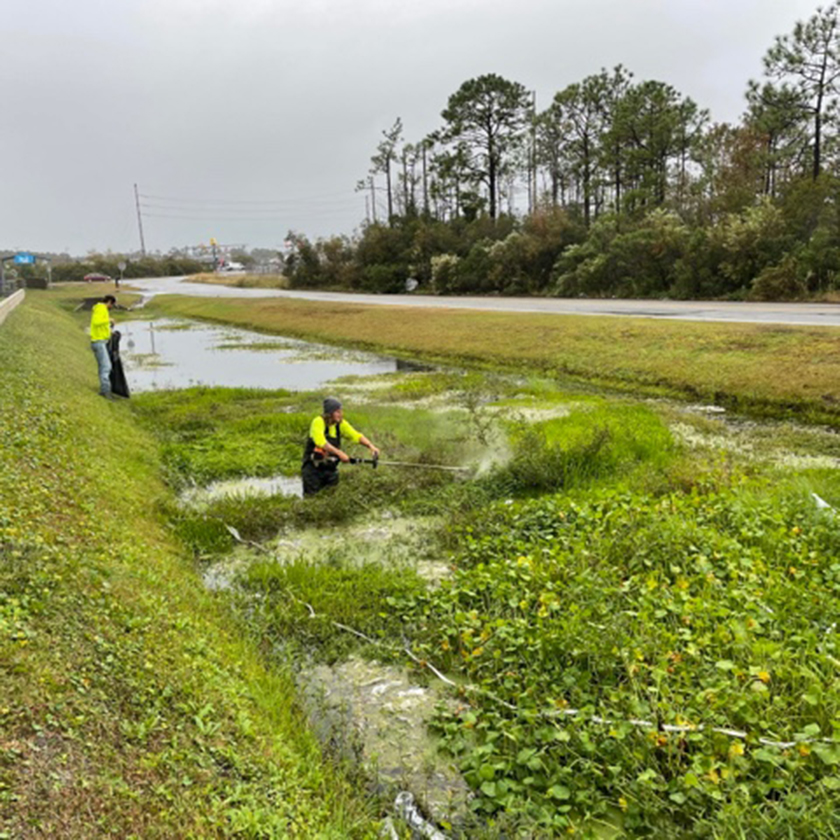
Did you receive an NOV? Have an urgent need? We can help.
Notices of Violation (NOVs) or Corrective Notices should be taken seriously. Contact AQUALIS today to learn how to resolve the issue and comply with regulations.




